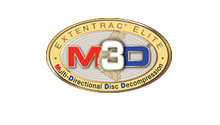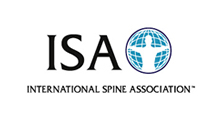
Spinecare Topics
Types of Spinal Injury
There are many risk factors that can contribute to the development of osteoporosis. These risk factors include:
- Family History: The tendency to develop early onset osteoporosis and/or aggressive osteoporosis may have a hereditary link.
- Age: The older a person is the more likely they are to develop progressive loss of bone density. This process begins in the fourth to fifth decade for most individuals.
- Gender and Race: Women are at greater risk for developing osteoporosis than are men. Caucasion and Asian women are more likely to develop osteoporosis that women in other racial groups.
- Bone Structure and Body Weight: Thin, small boned women are at greater risk for developing osteoporosis than larger women.
- Menopause/Menstrual History: Normal or early menopause increases the risk for osteoporosis.
- Lifestyle: The chances of developing osteoporosis increases for those who smoke, drink excessive amounts of alcohol and those who consume too much caffeine. Inadequate weight bearing activity or exercise will also increase risk. Reduced dietary calcium and vitamin D in the diet can also increase the risk for osteoporosis. Limited exposure to sunlight can reduce vitamin D levels, which increases the risk for osteoporosis.
- Medications: Various medications such as steroids, cortisone-like drugs, thyroid hormone and long acting sedatives can contribute to the development of osteoporosis.
- Diseases: There are a number of different diseases that are associated with osteopenia and increased risk for osteoporosis. Disabling disorders that leadto prolonged bed rest will also contribute to thinning of the bones of the skeletal system.
1 2 3 4 5 6 7
















